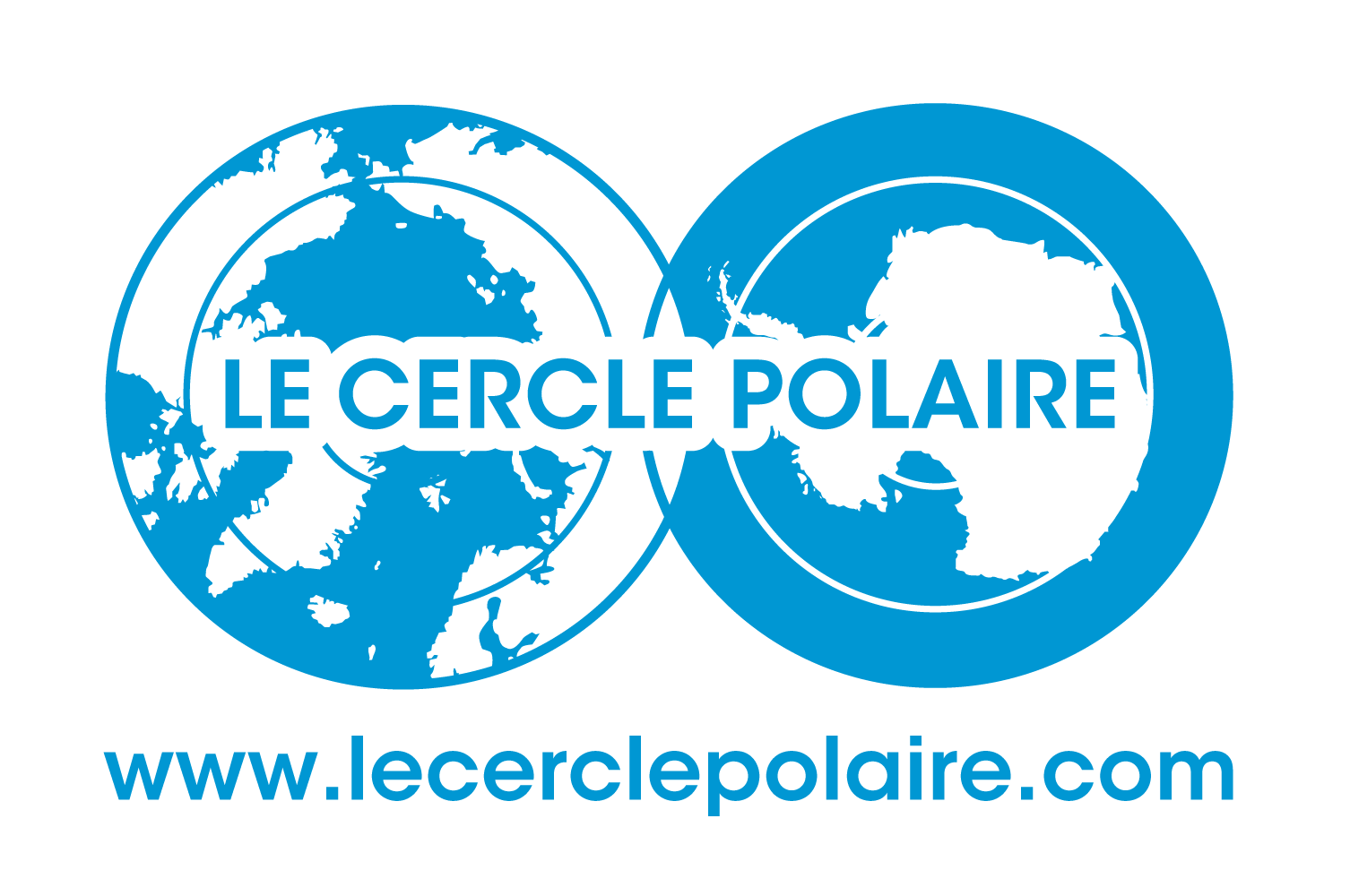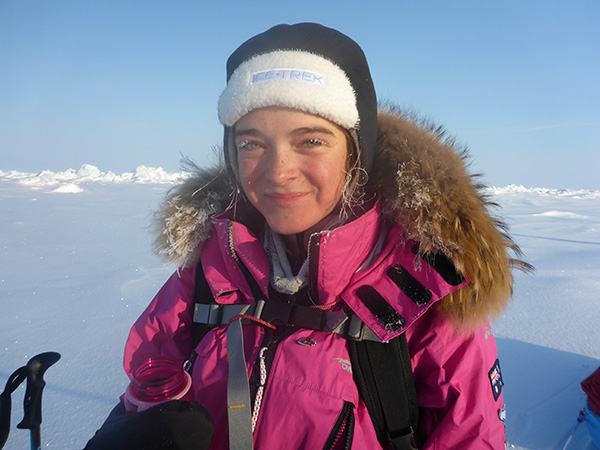![]() Jade Heimester
Jade Heimester
Etudiante • Australie
“To me, a female polar explorer today is someone who chooses to courageously follow their own dreams, and by doing so, inspires others to do the same”
In April 2016 at the age of 14, Jade Heimester became the youngest person in history to ski to the North Poles from anywhere outside the last degree, unsupported and unassisted. In June 2017, aged 15, she became the youngest woman to complete the 550 km crossing of Greenland, unsupported and unassisted. In January 2018, aged 16, Jade skied 600km from the coast of Antarctica to the South Pole unsupported and unassisted, after an epic 37-day journey via a new route through the Transantarctic Mountains and up the Kansas Glacier, from the Amundsen Coast. In the 2019 Queens Birthday Honours, Jade was awarded an Order of Australia Medal for service to Polar Exploration. She is a volunteer with the Securing Antarctica’s Environmental Future (SAEF) Program at Monash University.
My name is Jade, and I have the privilege of being the youngest person to complete the Polar Hat-Trick (North & South Poles, and Greenland). In April 2016 (aged 14), I became the youngest person to ski to the North Pole from anywhere outside the last degree; in June 2017 (aged 15), I became the youngest woman to complete the 550 km crossing of Greenland, the second largest ice cap on the planet; and in January 2018 (aged 16), I skied 600 km and 37 days from the coast of Antarctica to the South Pole, via a new route (all unsupported and unassisted). I am now 21 years old, live in Melbourne, Australia, and I am in the third year of a Bachelor of Commerce at Monash University in 2023. Most people who ski to the South Pole follow the traditional 1,000 km route from Hercules Inlet. However, we decided to ski a new route from the Coast of Antarctica through the Transantarctic Mountains, where we would be the first humans on foot through the Kansas Glacier. Whilst the new route we attempted was shorter in distance, it was steeper and tracked through an icy and mountainous area where we often needed to use crampons to move; the crevasses were not marked on a GPS like the traditional route; and we were forced to cover around 200 km through waist high sastrugi. It was true exploration and a real adventure. Each day, we would take turns in being out front. On the Kansas Glacier, this meant walking on ground that no human had ever walked on before. It was very surreal and I’m extremely grateful for that experience. As a young woman taking on these expeditions, I felt a lot of fear and self-doubt, particularly in the lead up to my first expedition to the North Pole when I was just 14. Sitting in the helicopter on the way to our starting point on the sea ice, I was surrounded by strong men who had vast experience on remote expeditions and even some in the elite military forces (who were attempting the same length trip as me). Just before I boarded the helicopter, at the temporary Russian air base on the floating Arctic sea ice, I tried peeing standing up with a pee funnel for the first time… and I failed miserably. My bright, pink pants were then soaked in my own frozen pee… At that point, I was experiencing a lot of self-doubt. Once on the ice, however, I just got on with the job of putting one ski in front of the other, without knowing whether it would make it or not. For me, that is what it means to be a female explorer – to push on into the unknown chasing our dreams, appreciating each moment and not second guessing ourselves. It’s also about inspiring other young women. When I was 12, I trekked to Mount Everest Base Camp with my family. We were trekking with an expedition that was aiming to reach the summit, which comprised some pretty impressive adventurers. One of them was Vilborg Arna, an Icelandic woman who had previously completed a solo expedition to the South Pole. I was very inspired by her and the time she took to talk to me and because of her, I decided I wanted to undertake my own polar journey. To me, a female polar explorer today is someone who chooses to courageously follow their own dreams, and by doing so, inspires others to do the same. Our actions have a ripple effect on those around us. This doesn’t have to be a big polar expedition – we must each identify and explore our unique gifts and passions and express them for the benefit of others.

